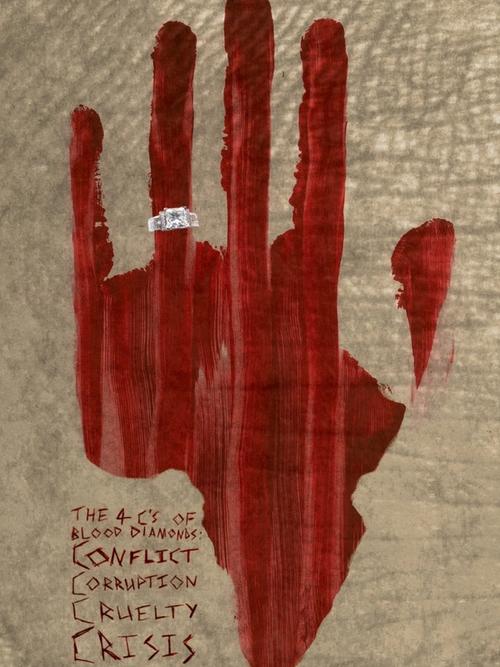Language and currency settings
Change your language and currency settings by selecting your preferences below
Select currency
Select language
Gem Hardness and Why It Matters
When it comes to choosing an engagement ring or a ring you plan to wear every day, one factor you should consider is the gemstone hardness. Gemstones come in various types and qualities, but the level of hardness is a critical factor that affects its durability and longevity. In this article, we will explore the concept of gemstone hardness and why it matters, especially for rings that you plan to wear every day.
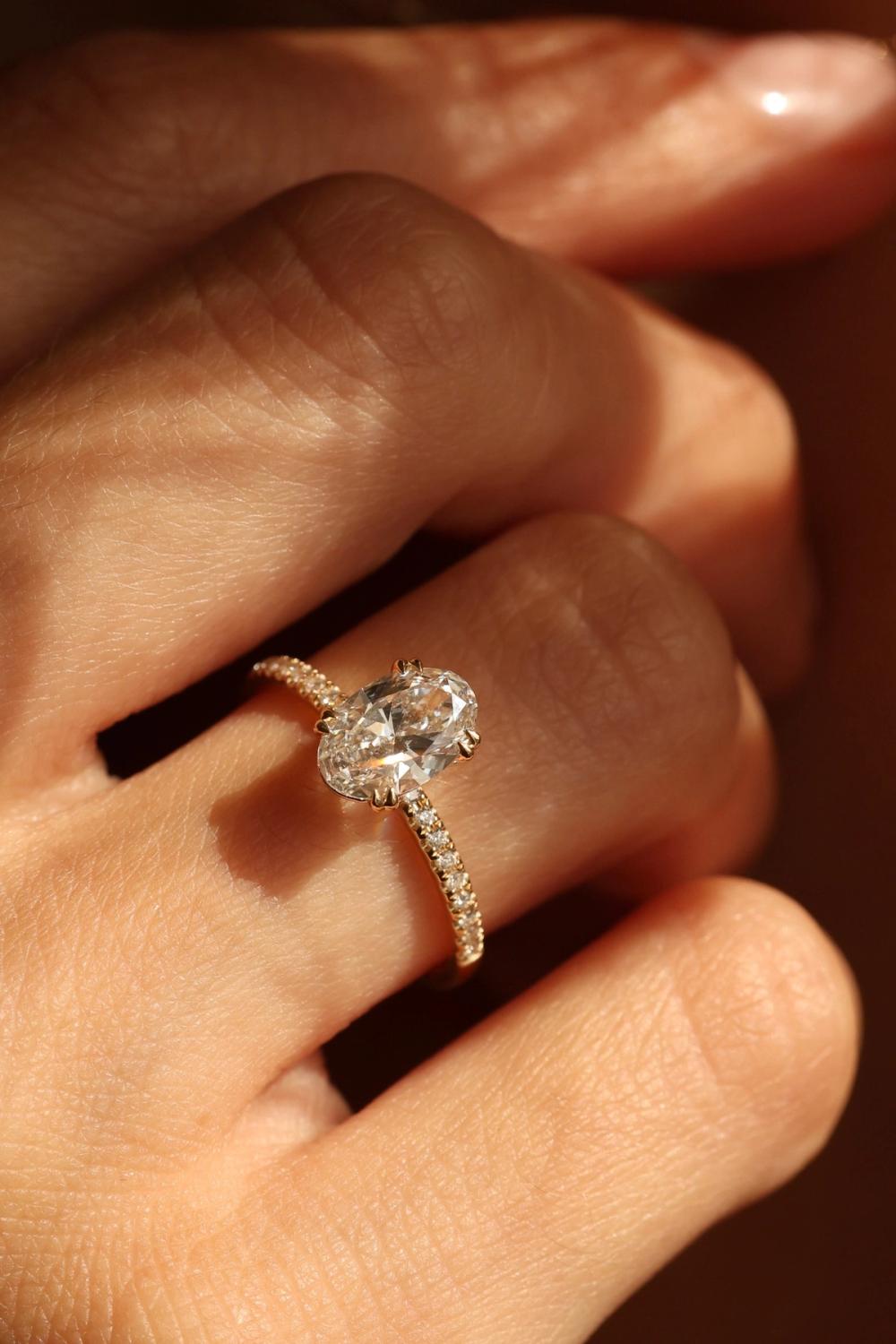
Gemstone hardness is determined by its ability to resist scratches and abrasions. This is measured on a scale known as the Mohs scale of mineral hardness, which ranges from 1 to 10. The scale was created by Friedrich Mohs, a German geologist, in 1812, and it ranks minerals based on their relative hardness.
The scale is as follows:
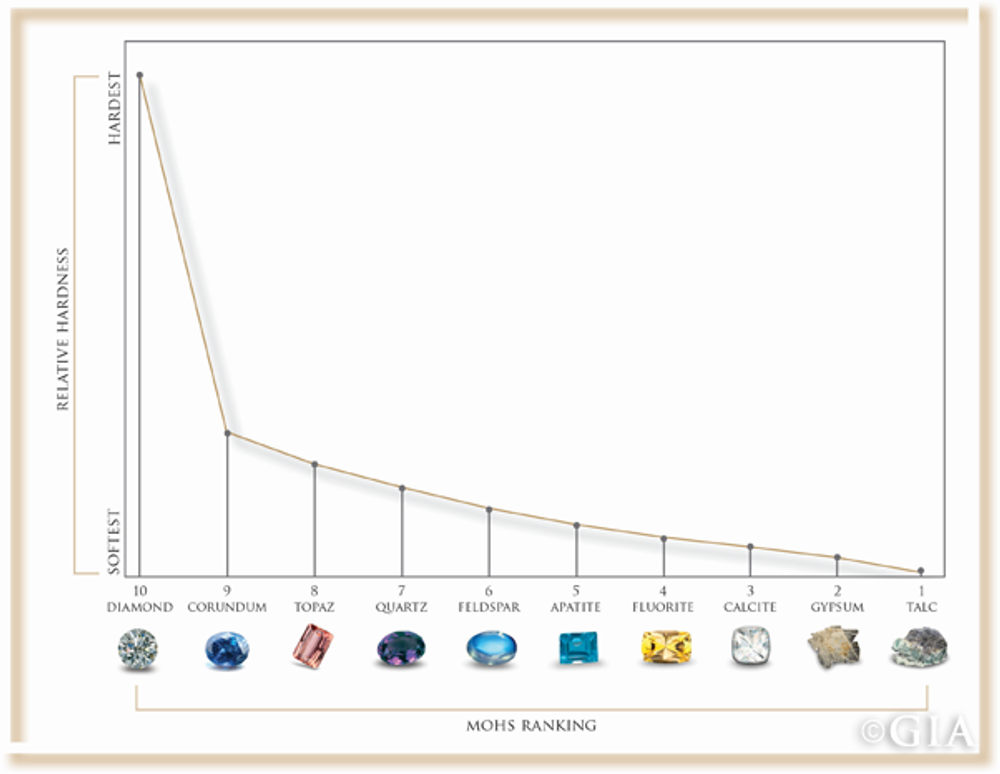
Source: GIA
The higher the number on the scale, the harder the mineral. For example, diamond is the hardest mineral on the Mohs scale with a rating of 10, while talc is the softest with a rating of 1. Corundum is the gemstone family of sapphire and ruby, scoring 9 out of 10.
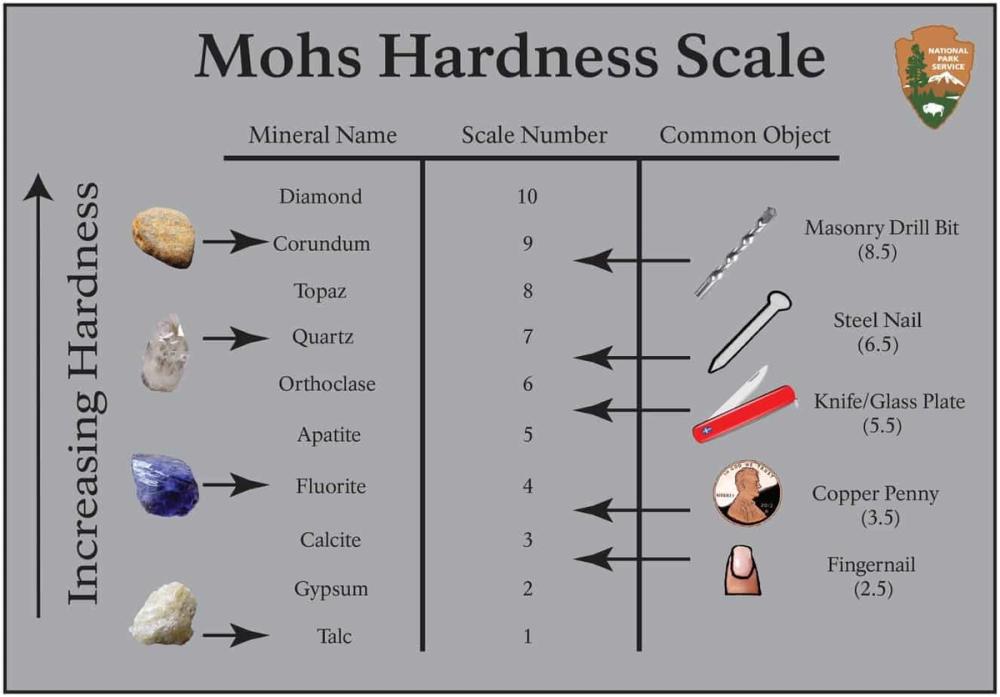
Source: IGS
The illustration above is also very informative as it shows Mohs hardness scale and its comparison to common items. As you can see here, a simple fingernail may scratch a gemstone rated at 3 or below, whilst you will need a drill to scratch a sapphire, ruby or a diamond.
Why does gemstone hardness matter for engagement rings or rings you plan to wear every day?
The answer is simple: durability. You want your ring to last as long as possible, and a hard gemstone can withstand the daily wear and tear better than a soft gemstone. A soft gemstone can easily get scratched, chipped, or damaged, which can affect its appearance and value.
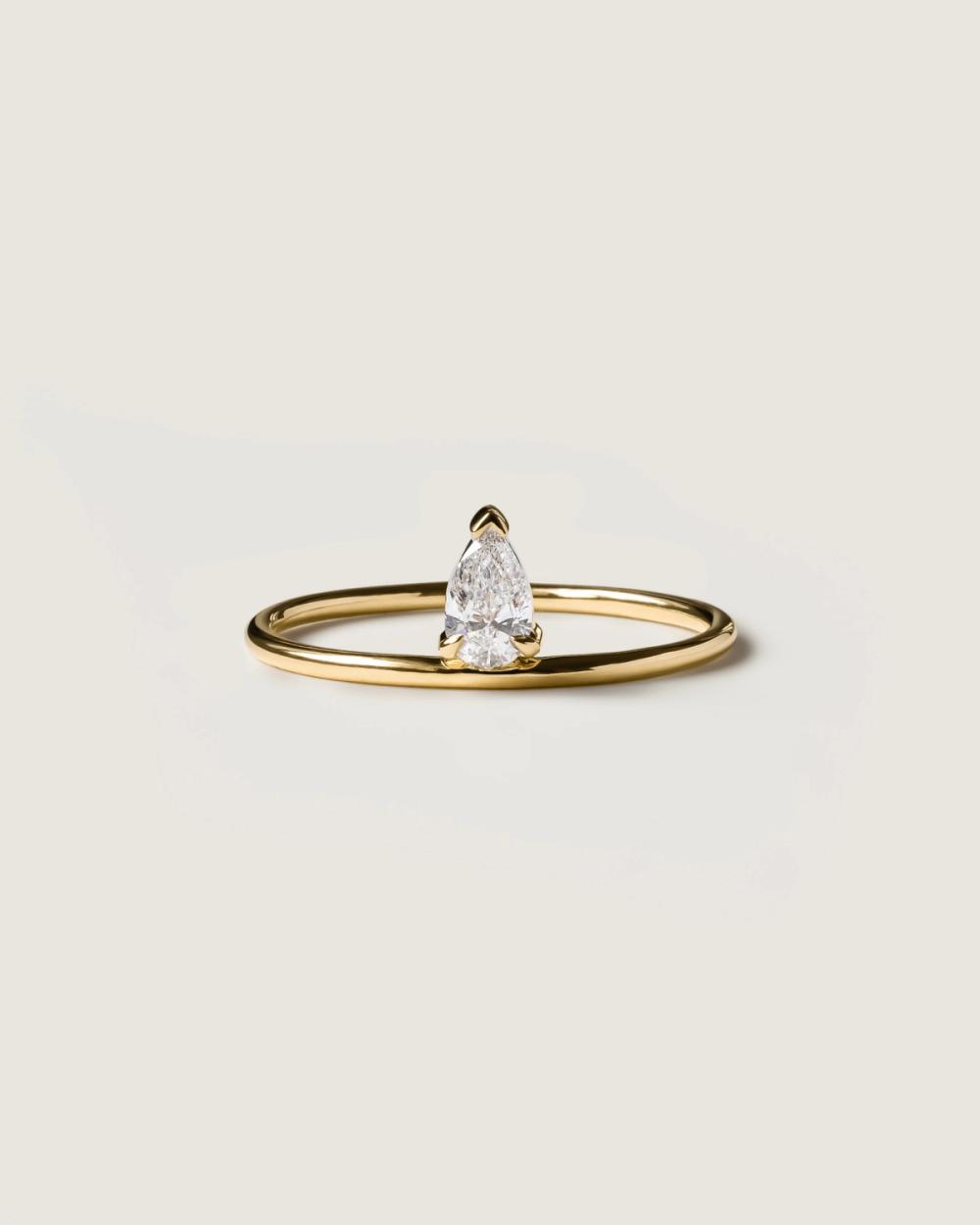
The most popular gemstones used in engagement rings are diamond (pictured above), sapphire, and ruby (pictured below), which all have a Mohs hardness rating of 9 and 10. This makes them very durable and suitable for daily wear. Other gemstones, such as emerald, opal, and pearl, have a lower hardness rating and are more prone to damage.
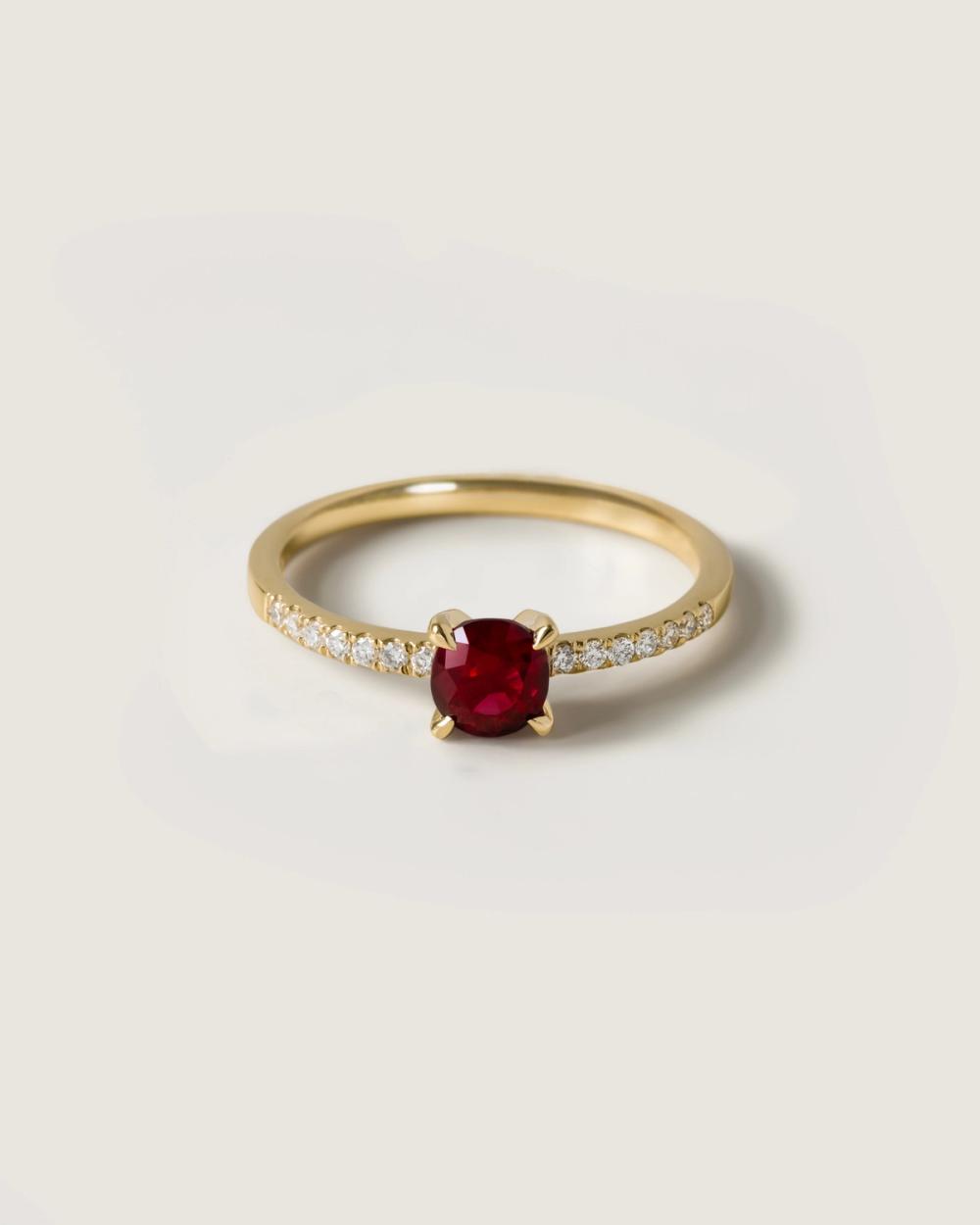
Not all gems are created equal
For an everyday ring that's mean to be worn daily for years, choosing a gem that's durable is important. However, there are certainly people who choose to wear other gemstones. Who doesn't love a rich purple amethyst, an earthy peridot, or an icy aquamarine? But it's important to be aware that those gems require the wearer be more careful, removing it often and never wearing it in abrasive situations. Durability is something to keep in mind if you're looking for a ring that will take less upkeep over its lifetime.
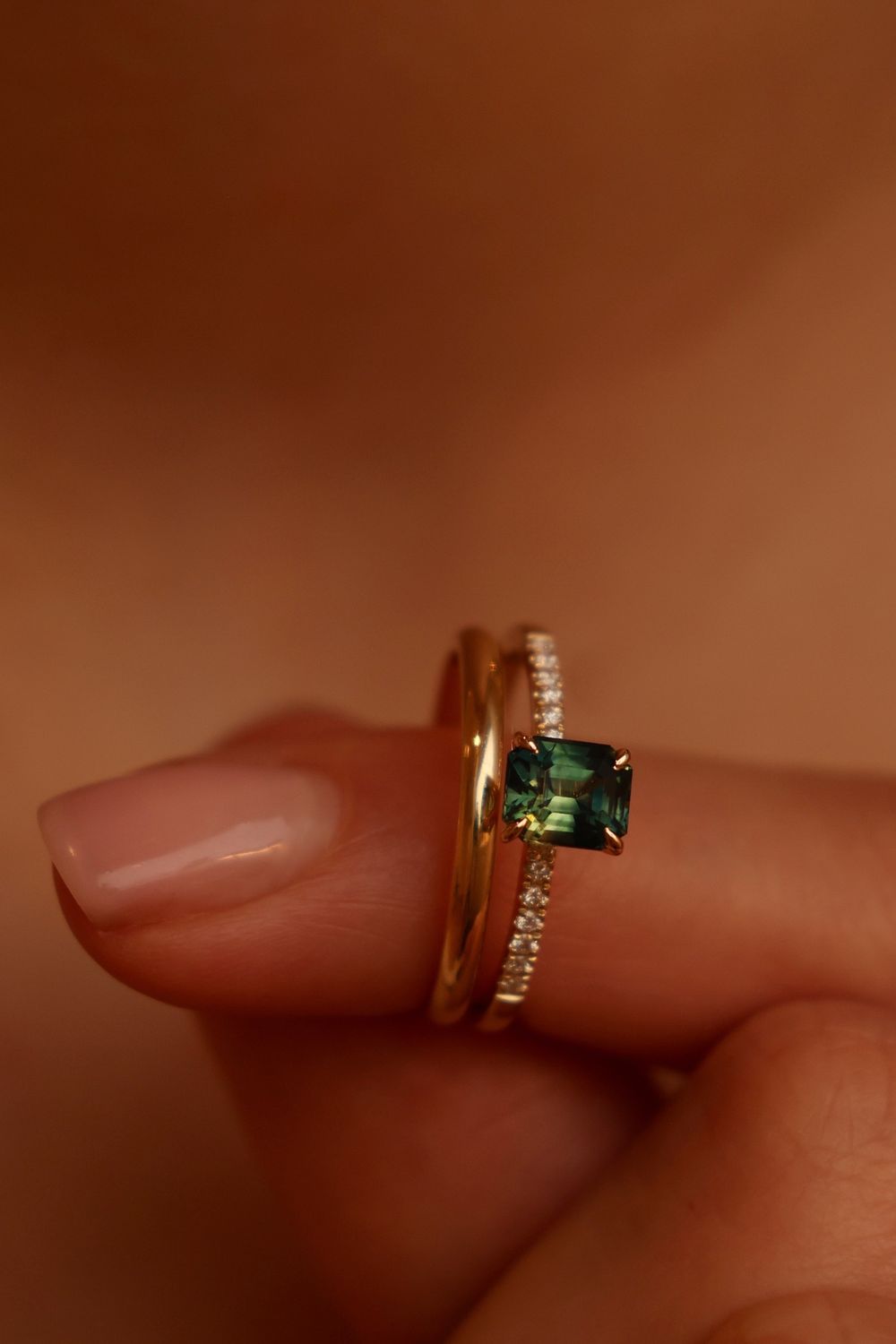
What about lab-grown diamonds and hardness?
It's important to note that lab-grown-diamonds hold the same top quality as mined diamonds. They are just as stunning, and they are equally hard on Mohs hardness scale (at 10 out of 10). Thus, our lab-grown diamonds are not only ethically sourced, but also boasts the same brilliance and fire as a mined diamond. Treat yourself or your loved one to the ultimate symbol of love and luxury with a breathtaking lab-grown diamond ring.
Five Reasons Why You Should Choose Lab-Grown Diamonds
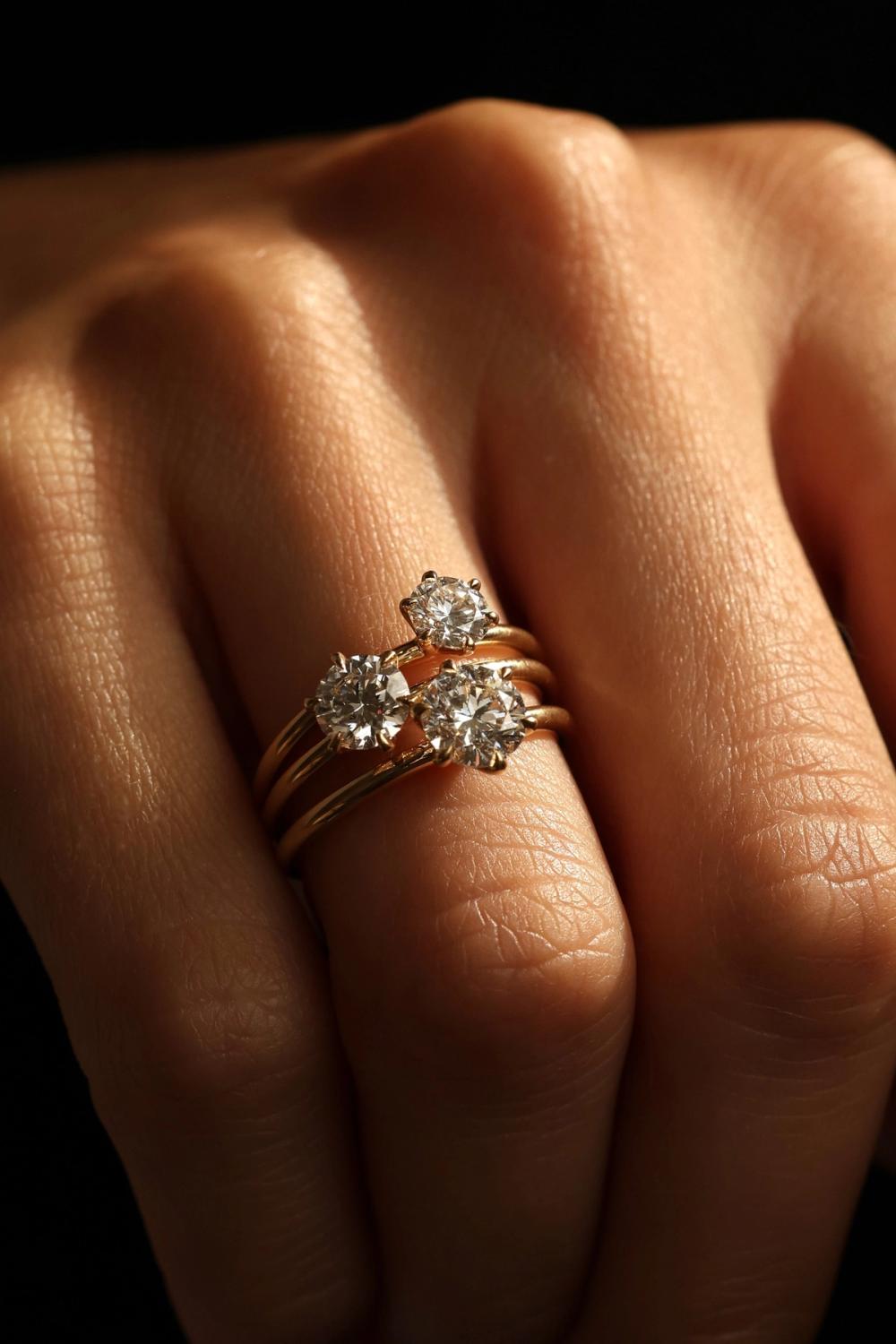
Treat them all with care
Choosing a gemstone with a higher hardness rating can increase the chances of your ring lasting longer and maintaining its beauty. But do keep in mind that even a hard gemstone can still get damaged if it's hit hard enough or exposed to certain chemicals or extreme temperatures.
Shine On: The Ultimate Guide to Cleaning and Maintaining Your Fine Jewelry
In conclusion, gemstone hardness is a critical factor to consider when choosing an engagement ring or a ring you plan to wear every day. A hard gemstone can withstand daily wear and tear better than a soft gemstone, which can affect its appearance and value. By choosing a gemstone with a high Mohs hardness rating, you can ensure that your ring will last as long as possible and continue to sparkle for years to come.
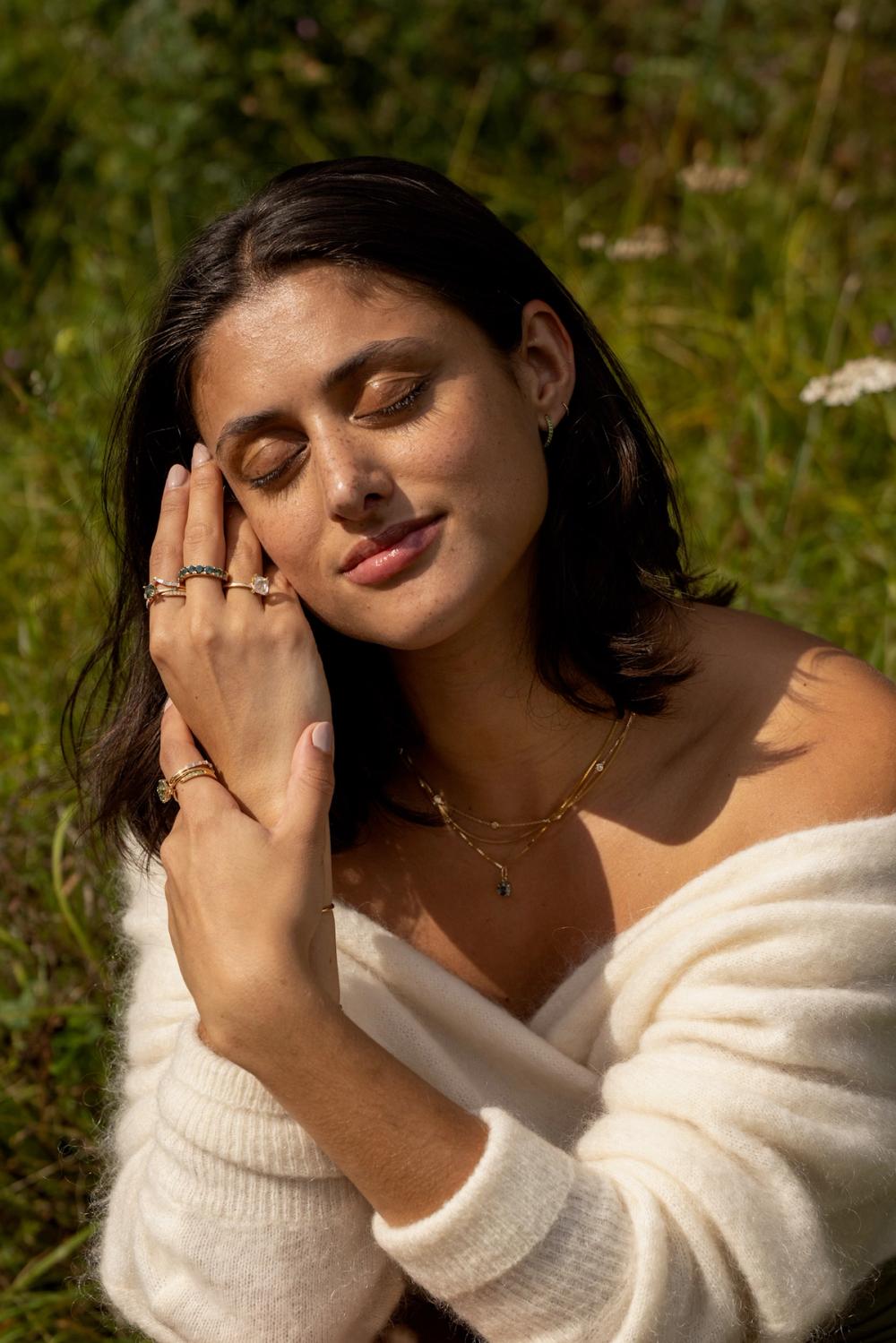
Our gemstone pick for an engagement ring
Because we want to craft the most lasting ring possible, diamonds, sapphires, and rubies are our top choices for engagement rings and/or rings you plan to wear every day. But the choice is of course yours!
Join the Nangi family!
Join the Nangi family!
Subscribe to our newsletter to be the first to know when we release new one-of-a-kind pieces, and gain exclusive access to secret sales and events
Norsk side
Nangi Fine Jewelry © 2024
